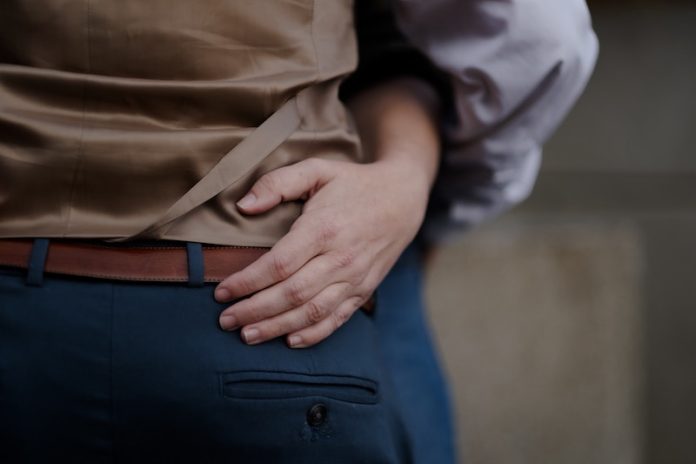
Prostate cancer is not just a life-threatening disease; it’s a condition that can severely affect a patient’s quality of life due to the side effects of treatment.
One of the most common and distressing side effects is sexual dysfunction. But there’s a glimmer of hope.
A recent study from Edith Cowan University (ECU) in Australia presented a way to combat this issue: exercise.
The Research: More Than Just A Gym Routine
Professor Daniel Galvao, who led the study, pointed out that nearly half of prostate cancer patients say they have unmet sexual healthcare needs.
The study he conducted is significant because it goes beyond just talking about the problem—it provides a solution. Over four years, researchers observed more than 100 prostate cancer patients, dividing them into three groups.
One group engaged in supervised resistance and aerobic exercise, another took part in exercise as well as psychosexual therapy, and the third group continued with standard treatment without any added exercise or therapy.
Surprisingly, it was the exercise group that reported significant improvements in sexual health. In contrast, the psychosexual therapy didn’t lead to improvements in erectile function or intercourse satisfaction.
The research highlights that those who took part in exercise saw a noticeable increase in erectile function and intercourse satisfaction compared to those who just received the standard treatment.
This study supports previous research showing that exercise helps in fighting cancer.
Myokines, proteins that act against tumor growth, are produced during exercise and have been shown to suppress tumor growth even in late-stage prostate cancer.
Time to Take Action
The findings are compelling enough to spur action. Anne Savage, the CEO of the Prostate Cancer Foundation of Australia, emphasized that this research should motivate men and their partners affected by prostate cancer to consider exercise as part of their treatment plan.
Not only does exercise improve sexual health, but it also helps with overall physical well-being, a critical aspect for an aging patient group often struggling with other chronic illnesses.
Melissa Ledger, Director of Cancer Prevention and Research, also praised the study for its international recognition, highlighting the importance of supporting research that has the potential to improve and save lives.
The Bottom Line
This study is more than just academic research; it’s a call to action for both doctors and patients.
Exercise isn’t just good for the heart or the muscles; it’s beneficial for sexual health, particularly for those grappling with the life-altering side effects of prostate cancer treatment.
While Professor Galvao acknowledges that more research is needed, the initial findings are promising enough to recommend exercise as a vital part of the treatment process for prostate cancer patients. So, it may be time to put on those gym shoes and get moving.
If you care about prostate cancer, please read studies about egg intake and prostate cancers, and new strategy to treat advanced prostate cancer.
For more information about prostate cancer, please see recent studies about new way to lower risk of prostate cancer spread, and results showing three-drug combo boosts survival in metastatic prostate cancer.
Follow us on Twitter for more articles about this topic.
Copyright © 2023 Knowridge Science Report. All rights reserved.



